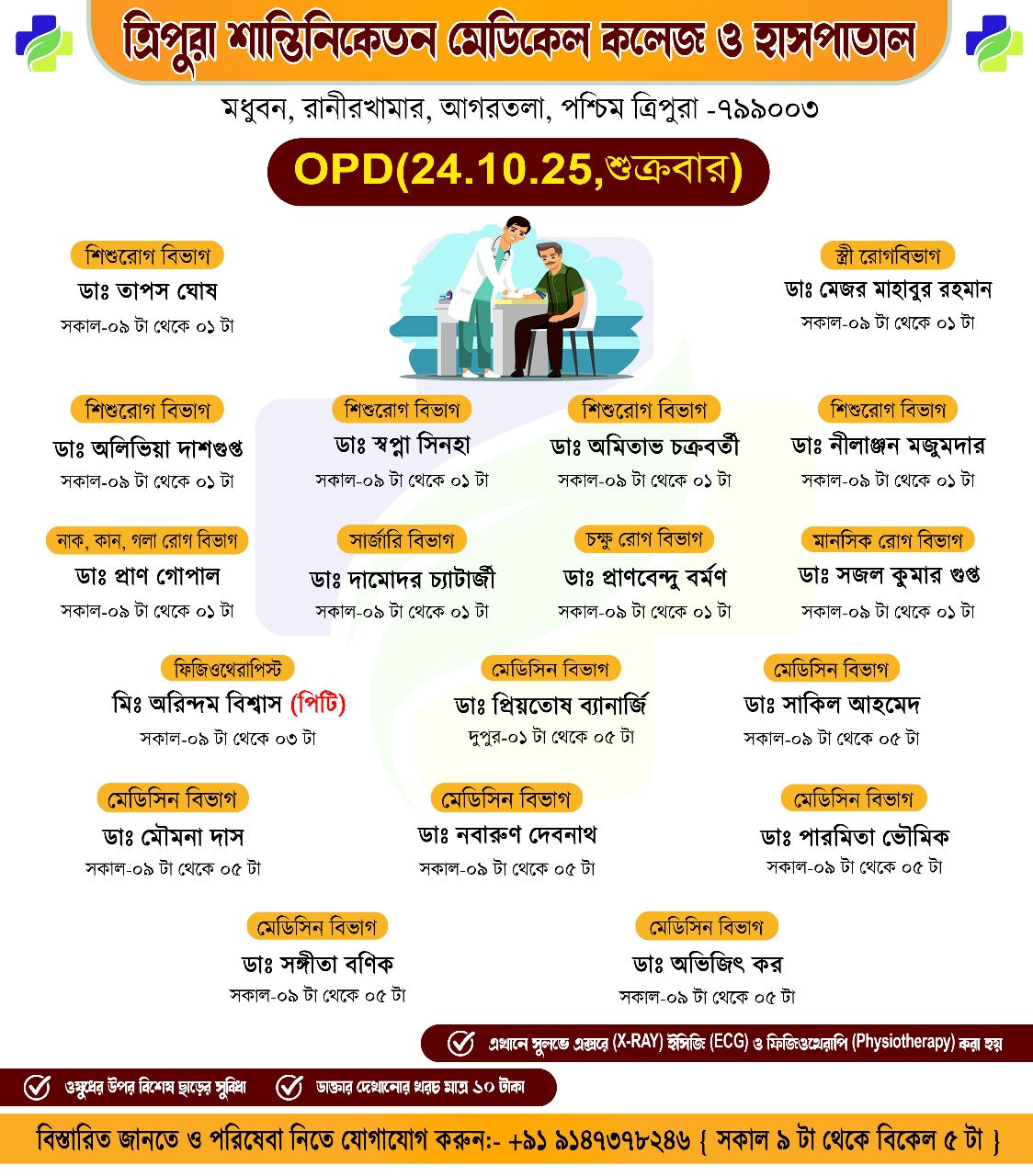Tripura Bandh Sparks Statewide Shutdown: Tiprasa Civil Society Demands Action on 8-Point Charter
- By Thetripurapost Desk, Agartala
- Oct 23, 2025
- 1192
Tripura came to a dramatic standstill on Thursday as the Tiprasa Civil Society enforced a 24-hour statewide bandh, pressing for immediate government action on eight key demands linked to indigenous rights and illegal immigration.
From the break of dawn, picketing erupted at over 45 strategic locations, including Hathai Kotor (Barmura Hills), Chandra Sadhu Para, Mungiakami Bazaar, and Mungiakami Railway Station—bringing public movement to a grinding halt.

Supporters of the Tiprasa Civil Society, joined by activists, social workers, and several surrendered members of the NLFT, staged demonstrations demanding:
1. A crackdown on illegal foreign infiltrators,
2. Detention camps in every district,
3. Formation of a Special Task Force with BSF and Assam Rifles,
4. Implementation of the Inner Line Permit system,
5. Execution of the Tiprasa Accord,
6. Official recognition of the Roman script for Kokborok,
7. Repeal of allegedly fraudulent Scheduled Tribe ordinances, and
8. Enforcement of the Triprasik Peace Accord (Sept 4, 2024).
While emergency services such as hospitals and ambulances remained functional, the active participation of former insurgents prompted the administration to tighten security across sensitive zones. Jirania Sub-Divisional Magistrate Animesh Dhar confirmed peaceful protests in his area, with no violence reported till noon.
In Agartala, Tipra Motha MLA Ranjit Debbarma led a peaceful march near North Gate, waving the national flag and appealing for public unity. Police deployment remained heavy, though no major unrest was recorded till 10 a.m.

Disruptions and Public Response
The Agartala–Karimganj Express was halted near Jirania’s Birgudas area as protesters blocked railway tracks. In Barmura Hills, bandh supporters allegedly stopped an ambulance en route to Teliamura hospital, sparking public outrage.
Shops, markets, and transport services remained closed in Khowai, Belfang, and Shantirbazar, echoing scenes from earlier political shutdowns. Despite Chief Minister Dr. Manik Saha’s directive for normalcy and compulsory attendance for state employees, several government offices saw poor turnout due to widespread blockades.
Commuters expressed frustration over administrative silence. “How is this a peaceful protest when tyres are burning and roads are blocked?” asked a resident near Teliamura.
Social media buzzed with mixed reactions—some netizens slammed the bandh for disrupting essential services, while others accused the BJP-led government of deepening the state’s crisis through neglect.

Political Undercurrents and Reactions
Speculation mounted that the Tipra Motha tacitly supported the bandh, though party leaders refrained from open endorsement. Former insurgent leader Chitta Debbarma dismissed political motives, asserting,
“We don’t understand party colours. We fight for the rightful claims of Tripura’s sons of the soil.”
He also recalled a historic 14-day blockade once led by late minister N.C. Debbarma at Chandra Sadhu Para, drawing parallels between past struggles and today’s agitation.
Political analysts believe the bandh reflects Tripura’s deepening polarization. One observer noted, “Former extremists now rally under Tipra Motha’s shadow, while law enforcement stands divided between orders and ground realities.”
By late afternoon, the bandh had virtually paralyzed Tripura—one of the most comprehensive shutdowns in recent years. Public opinion now leans toward demanding accountability from both the state government and law enforcement, as the state teeters between peace and renewed unrest.